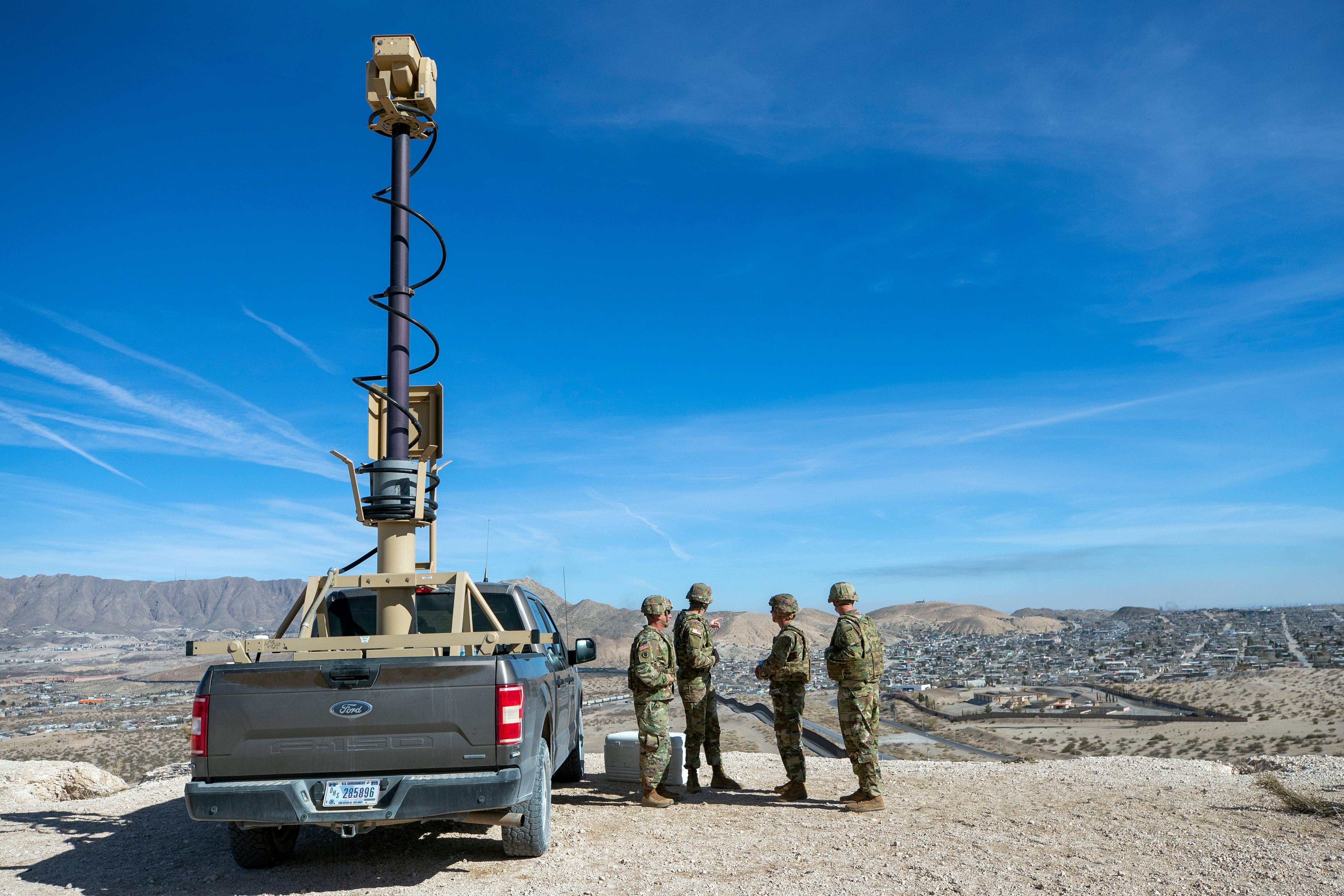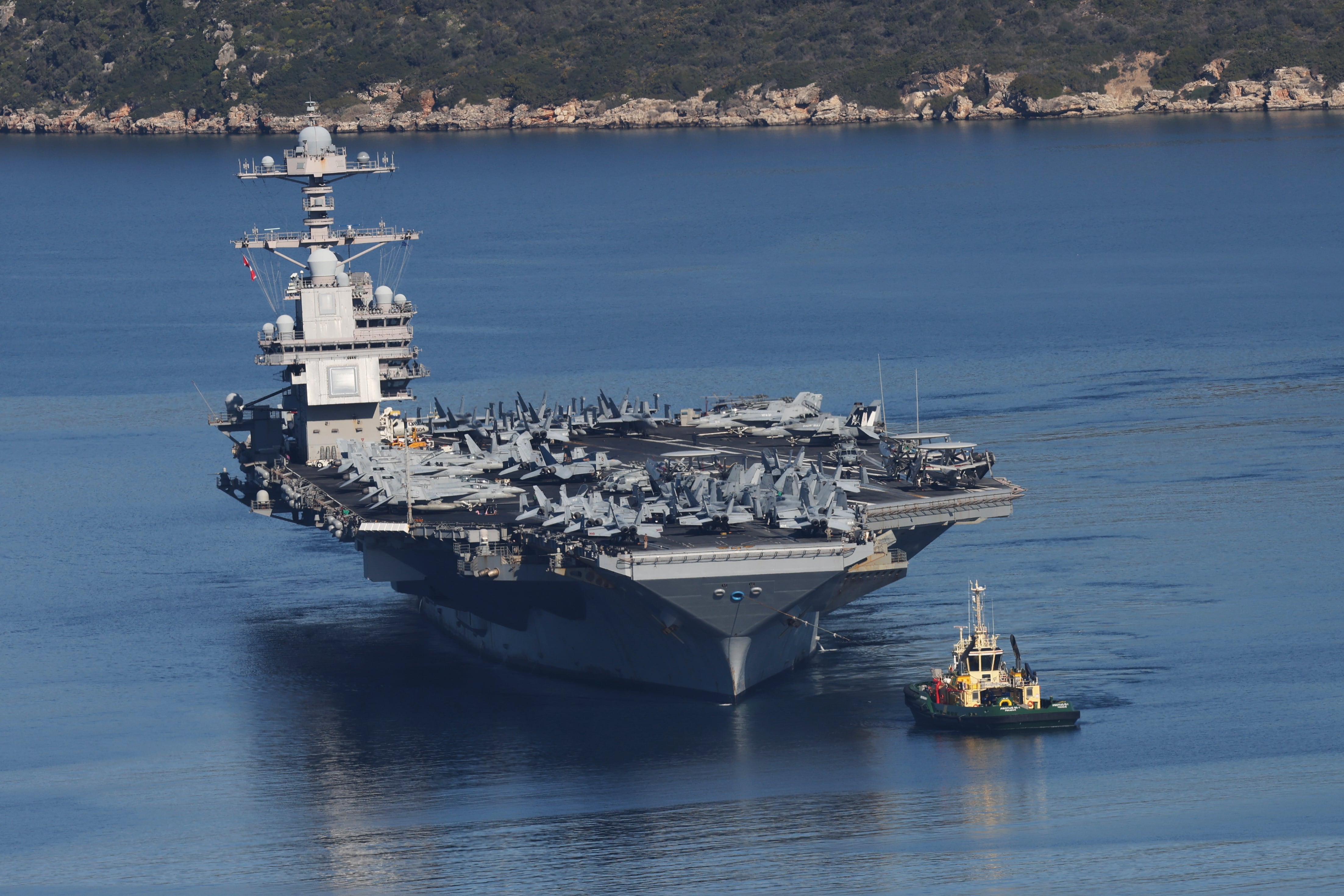A U.S. naval commander does not expect policy on the South China Sea to change drastically despite statements from the Trump administration that seem to imply otherwise, according to a June 15 Los Angeles Times story.
"The policy is consistent between the two administrations," Adm. Scott Swift, commander of the Pacific Fleet, told the L.A. Times. "I don't think anybody is expecting this huge reversal."
Currently, China claims the majority of the South China Sea, and has been creating artificial islands out of underwater reefs and small archipelagos, turning them into military bases. The Philippines, Vietnam and several other nations in Southeast Asia contest China's self-proclaimed dominion of the sea, according to a report by Fox News.
The creation of these islands has drawn harsh criticism from many of President Trump's top officials.
On June 2, Defense Secretary James Mattis said that the U.S. cannot accept any nations "militarizing artificial islands," according to CNBC. This type of hard-line rhetoric began even before Trump's inauguration — Secretary of State Rex Tillerson told CNN on January 12 that the U.S. would send China a "clear signal" if it continued to build these islands.
Last month, a U.S. warship sailed within 12 miles of a man-made island to test how China would respond, according to the New York Times. A Chinese Foreign Ministry spokesman accused the U.S. Navy of trespassing, but took no further actions. This is the only time a U.S. vessel has sailed near the Chinese islands during the Trump presidency.
Swift, however, told the L.A. Times that he expects actions like that to be an anomaly, not the norm.
"The amount of [freedom of navigation operations] we do is infinitesimal compared to our everyday exchanges," he said. "I don’t see how those operations in the South China Sea should be viewed from a Navy perspective as any more consequential than anywhere else."




